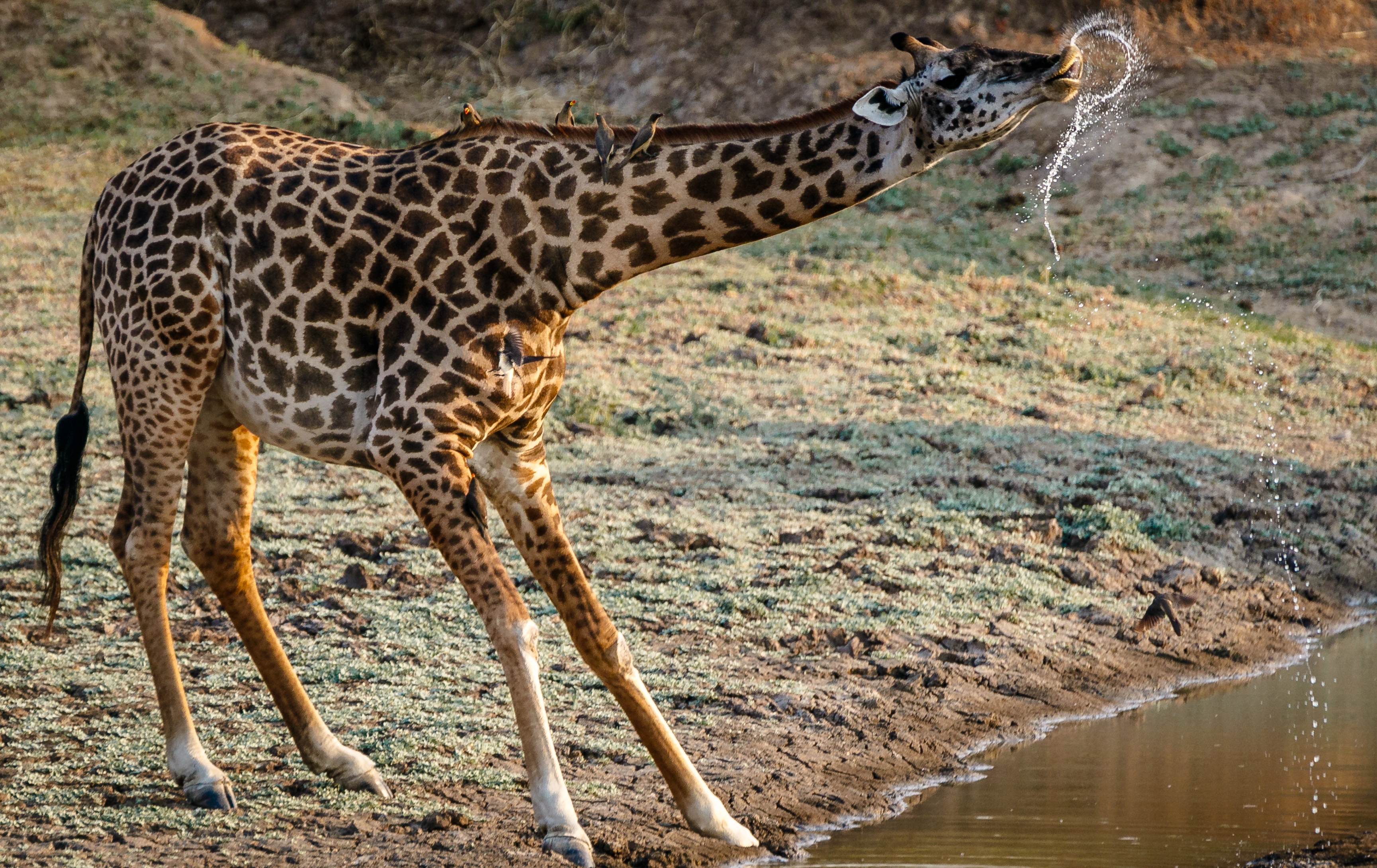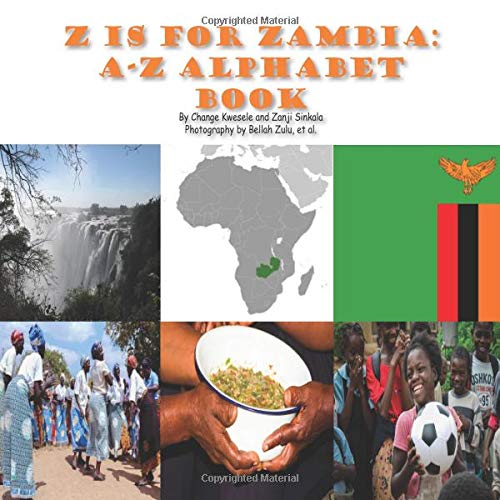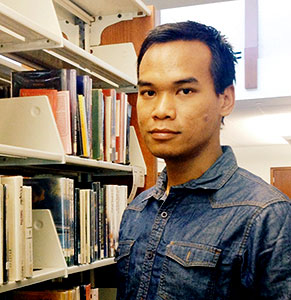Many Fulbrighters return home with fresh ideas for research projects and international collaborations. For Change Kwesele, it was no different. Her goal? Create a children’s book that would depict the beauty and culture of Sub-Saharan Africa for the world! Change leveraged her Zambian roots and the new connections she gained during her 2011 Fulbright Study/Research Award to Zambia for the project, and even learned something about herself in the process.
Born in Zambia and raised in Seattle, Washington, Change has always celebrated the languages and culture of her family. Currently a Ph.D. candidate in Social Work and Developmental Psychology at the University of Michigan, she spent her Fulbright in Zambia working to improve gender equality in education through community outreach and workshops. While working with students, Change was taken aback by the absence of diverse voices and subjects in children’s literature.
“I spent a lot of time around younger children and time in bookstores. I noticed that many of the books available focus on the Western world and lack local references. My Fulbright experience with the Forum of African Women Educationalists of Zambia (FAWEZA) organization empowered me to work on gaps and limitations that I see in communities that I care about,” Kwesele explained.
Part of that gap includes children’s literature. Z is for Zambia: An Alphabet Book introduces the sights and sounds of Zambia to children of all nationalities. The multilingual book is written in three languages commonly used in Zambia (English, Bemba, and Nyanja), and includes visuals and words relevant to Zambia and Sub-Saharan Africa. Instead of apples, bananas, and cats, kids will learn about Africa-related products and places, such as chitenge, a kind of African fabric, nsima, a Zambian staple food, and Victoria Falls, one of the Seven Natural Wonders of the World.
The book is a uniquely international collaboration with two Zambian colleagues and friends: Bellah Zulu, a 2010 Fulbright Foreign Student, and Zanji Sinkala, an alumna of another U.S. Department of State-sponsored exchange program, the Study of the U.S. Institutes Women’s Leadership Program (SUSI-WL). Connecting through Zambia-based organizations and Instagram, the three international exchange alumni decided to use their love of Zambia to increase understanding of the country, even donating the book to Zambian organizations and schools.
Z is for Zambia “will offer children knowledge on other cultures and help [children] appreciate diversity. It will teach them to respect other traditions and ways of life that are very different from their own,” said Zanji, one of Change’s collaborators, speaking about the group’s hope for the book.
Bellah, who studied photography at the New York Film Academy during his Fulbright, provided photographs of Zambian vistas, animals, and clothing to the project. “I appreciate the fact that the Fulbright experience is all about cultural understanding and exchange. For me, collaborating with someone with Zambian roots yet fully American meant that we had an opportunity to influence and continue projecting a positive image of Zambia from inside,” he said.
What does an American-Zambian Fulbright team add up to? “So much change!” Change responded. The book, the collaboration, and her career post-Fulbright all go back to a question she first contemplated on grant: “Why not me?” In Zambia, the United States, or the world of children’s literature, Change will continue to pursue projects and initiatives that she wants to see in the world.





 This week, the newly selected 2011 Fulbright U.S. Student Program Alumni Ambassadors will meet in Washington, DC to receive training and tips on how they can help promote and recruit for the
This week, the newly selected 2011 Fulbright U.S. Student Program Alumni Ambassadors will meet in Washington, DC to receive training and tips on how they can help promote and recruit for the  On September 2, 2009, I arrived in
On September 2, 2009, I arrived in